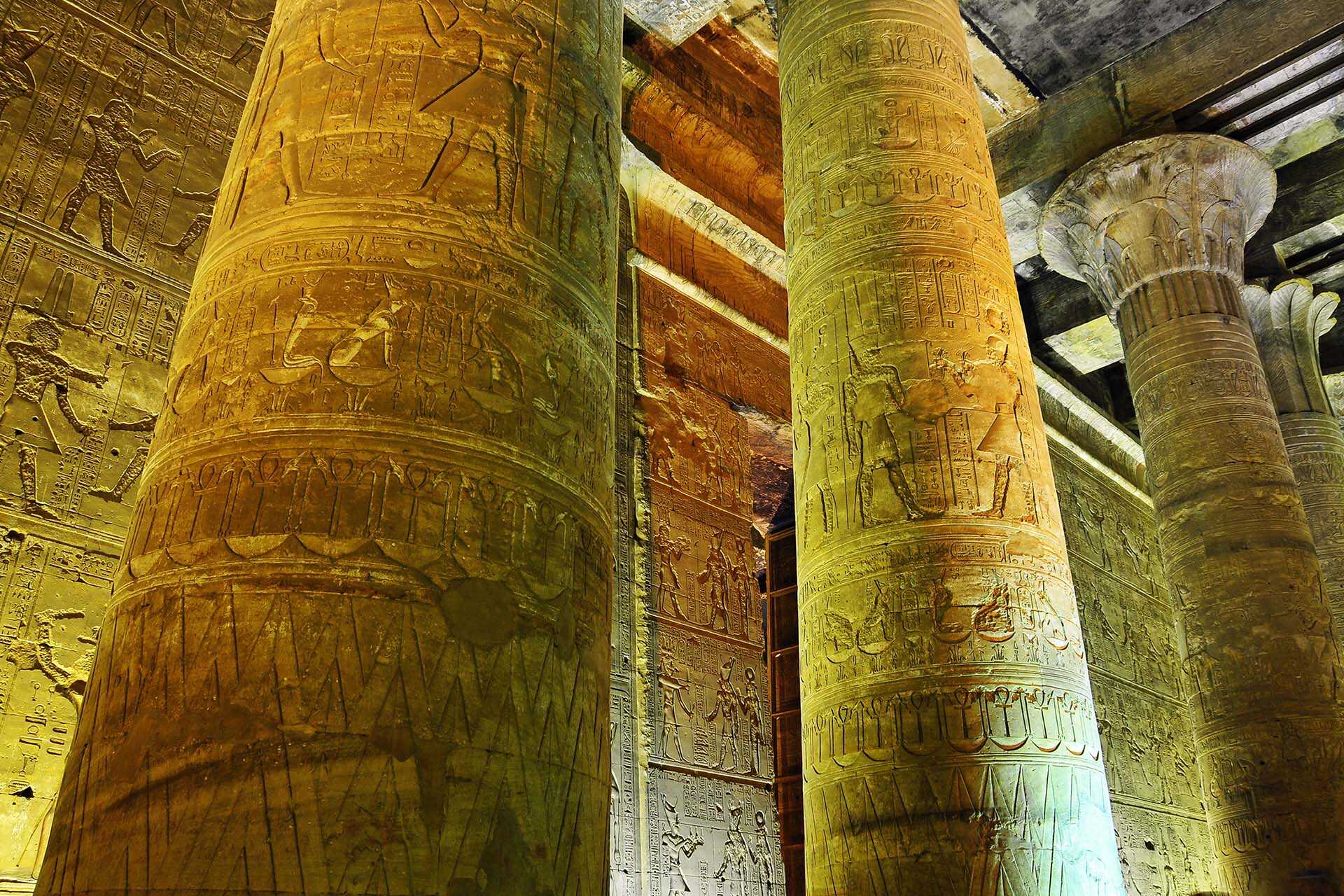Teaching and assessment
Assessment is through a combination of assignments, coursework and examinations.
You undertake supervised research within the Department of Classical and Archaeological Studies, specialising in one of the topic(s) listed under research areas.
Each research student is assigned two internal supervisors who arrange the programme of study and research to suit individual interests. Staff have received research finance from sources including the British Academy, Arts and Humanities Research Council (AHRC), Leverhulme Trust, English Heritage, European Union funds and University sources. In the last couple of years, we have been awarded INSTAP funding totalling $30,000 and grants from the Mediterranean Archaeology Trust, UCLA and the Cotsen Foundation for Academic Research (€300,000).
Postgraduate resources
The School has extensive literary holdings and many other facilities to support active research, and the Templeman Library also has excellent holdings in all our areas of research interest. This includes an extensive range of English and international periodicals, as well as specialist collections (the library of A S L Farquharson, specialising in the age of Marcus Aurelius, and generous donations from the libraries of Victor Ehrenberg in ancient social history, Anthony Snodgrass, Richard Reece and Jill Braithwaite in archaeology). We have access to Canterbury Cathedral Library, and to archaeological libraries and collections in Kent, such as the major collection of the Kent Archaeological Society, and first-rate connections with London and continental Europe. Kent is now the home of the Colin Renfrew Archive, a major resource for research on the history of archaeology, archaeological theory, prehistoric Orkney and the Aegean Bronze Age.
The Department has its own specialist technician, Lloyd Bosworth, who is widely experienced and skilled in landscape archaeology, geographic information systems (GIS), digital imaging and laser scanning, as well as geophysical surveying. He offers advice and training in the use of the archaeological equipment and has worked in Belgium, Ostia, Rome and Crete.
The University has recently invested in a range of new archaeological equipment including a Romer laser scanner, portable XRF machinery, resistivity and magnetometer survey machines, GPS and a photographic lab.
The University of Kent’s location is highly convenient for students who need to visit not only the British Library and other specialist libraries in London, but also the major libraries and research centres within Europe.
Training
All postgraduate students in the the Division of Arts and Humanities have the opportunity to undertake both subject-specific training and training provided by the Graduate School. The School provides training workshops for all postgraduate students with teaching responsibilities, bringing together students from all its subject areas. Training courses are also offered by the Library and Computing Services, and by the Unit for the Enhancement of Learning and Teaching (UELT).
Individual training is offered in accordance with a student’s needs. We offer training in Greek and Latin languages at the appropriate level; and specialist skills training in epigraphy, papyrology, palaeography and Egyptology, artefact studies and fieldwork methods. Postgraduates have also gained experience by mounting their own independent seminar programme to discuss work in progress (in addition to taking part in staff/postgraduate research seminars).
Dynamic publishing culture
Staff publish regularly and widely in journals, conference proceedings and books. Among others, they have recently contributed to: Acta Antiqua; European Journal of Archaeology; Latomus; Hermes; Les Études Classiques; Aegyptus; Annual Review of the British School at Rome; and American Journal of Archaeology.
Researcher Development Programme
Kent's Graduate School co-ordinates the Researcher Development Programme for research students, which includes workshops focused on research, specialist and transferable skills. The programme is mapped to the national Researcher Development Framework and covers a diverse range of topics, including subject-specific research skills, research management, personal effectiveness, communication skills, networking and teamworking, and career management skills.

